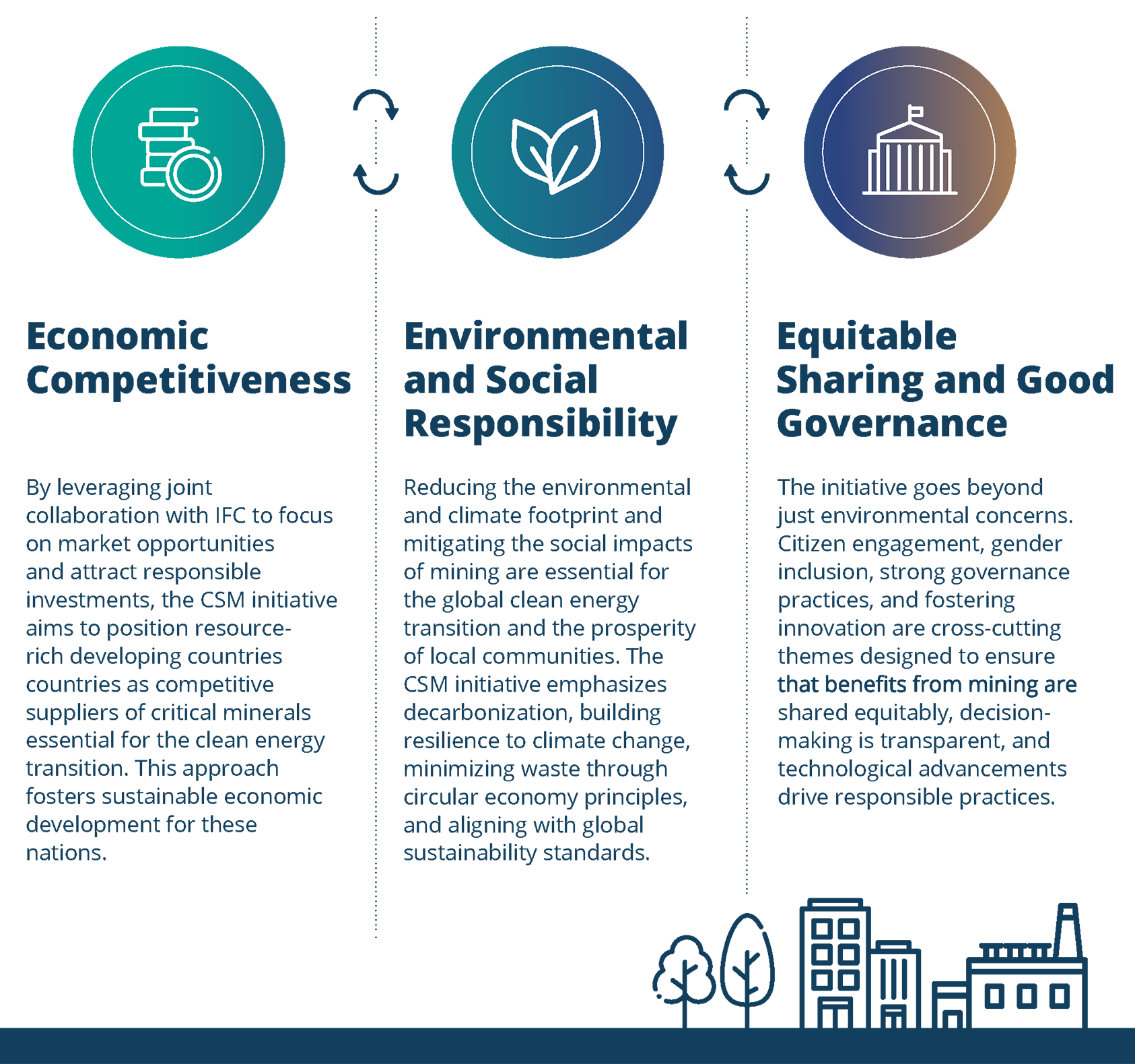The Climate-Smart Mining (CSM) initiative supports resource-rich developing countries and responsible mining companies decarbonize, enhance climate resilience, and reduce the material footprint of critical mineral supply chains essential for the clean energy transition, while enabling host communities and societies to benefit equitably from the increasing demand for such minerals through sustainable development.
By doing this, CSM aims to create shared value and deliver social, economic, and environmental benefits for resource-rich countries and to position these countries to be competitive and responsible suppliers in the global market, ultimately contributing to their long-term sustainability.
OUR CURRENT FOCUS
The CSM Framework

WINDOW 1
Decarbonization, Climate Resilience, and Circular Economy (DECRECE)
This window aims to minimize the carbon footprint of mining operations, enhance the resilience and adaptation of host communities, ecosystems, and landscapes, and promote circular economy practices throughout the mining lifecycle.
It promotes the adoption of renewable energy, improved energy efficiency, and innovative solutions such as afforestation and carbon capture. It also emphasizes ecological and community resilience through nature-based solutions and resilient infrastructure, aiming to guide national and regional policies for emission reduction and leverage climate finance. Additionally, this window covers the identification and implementation of circular economy opportunities, including tailings reprocessing and the repurposing of post-mining land, to maximize environmental and community benefits.
WINDOW 2
Critical Mineral Supply (CMS)
This window is dedicated to enhancing the responsible production capabilities of resource-rich developing countries.
It aims to empower governments and mining companies to manage natural resources effectively, attract investments, and ensure that the rising demand for critical minerals achieves equitable economic benefits and sustainable development. Key efforts include strengthening institutional governance, promoting environmental and social stewardship, and de-risking investments. The window also emphasizes the importance of comprehensive geological data and modernized mine permitting processes, using tools like the Mining Sector Diagnostic to assess sector strengths and weaknesses and guide strategic interventions.
Under the two windows, the focus areas are:
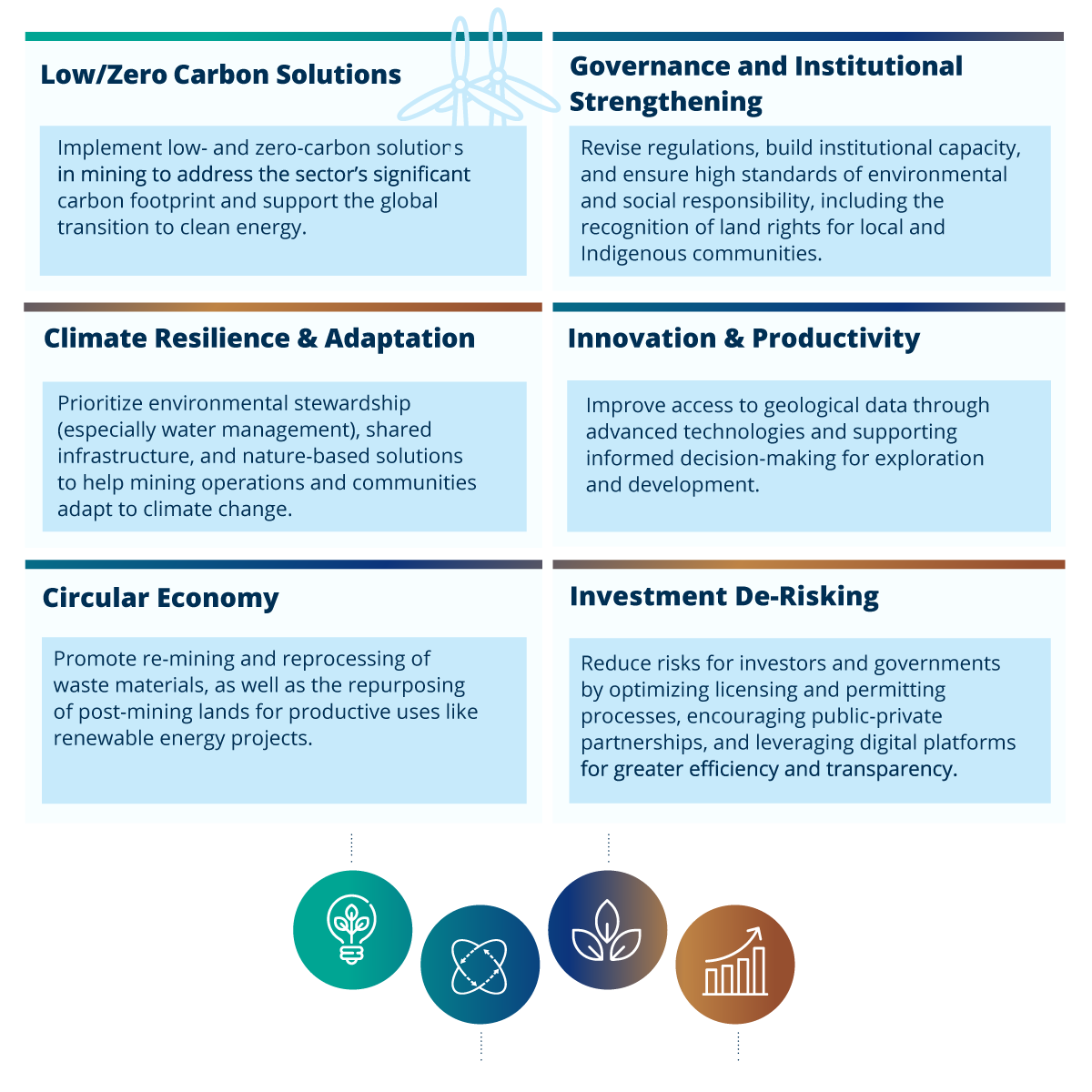
Cross-cutting themes
- Good Governance ensures accountability and transparency in the mining sector by robust regulations to manage mining operations and their environmental and social impacts responsibly.
- Inclusive Engagement ensuring participation, gender sensitivity, and collaboration ensuring that mineral resources benefit all stakeholders, including local communities and vulnerable groups.
- Skills Development and Innovation focuses on enhancing capacity of individuals and institutions within the mining sector through training, new technologies, and innovative practices that minimize environmental and climate footprints and improve efficiency.
Key Benefit: Convening Public and Private Sectors
As a joint initiative between the World Bank and IFC, the CSM initiative provides innovative thought leadership to advance private sector adoption of CSM principles and convenes stakeholders across the mineral value chain to promote climate action. The World Bank Group is committed to helping resource-rich developing countries realize their potential as key contributors to the global clean energy transition, while ensuring that mining activities align with sustainable development goal
HOW IS CSM IMPLEMENTED
The CSM initiative is implemented through a series of strategic activities carried out by different units across the World Bank Group. These activities are customized to the development stage and specific needs of the regions or countries involved, and key private sector challenges and opportunities.
CSM consists of three interlinked pillars, in sequence from analytics through technical assistance to investment facilitation
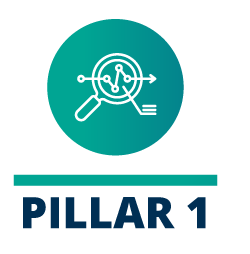
Global Analytics & Methodologies
The analytics pillar encompasses the generation of evidence-based knowledge products—such as reports, gap analyses, and regulatory reviews—to inform decision-making and policy development in the mining sector. It further supports the creation and dissemination of guidelines for responsible mining, promotes the adoption of best practices, and facilitates the sharing of research findings. In addition, this pillar strengthens sectoral capacity by advancing data collection, fostering policy dialogue, and enhancing transparency across the industry.
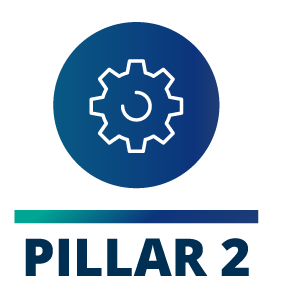
Technical Assistance and Capacity Building
The technical assistance pillar focuses on targeted interventions designed to strengthen institutions involved in the upstream segment of the mineral supply chain. By providing tailored technical assistance and advisory services, it addresses country-specific needs to ensure support is both relevant and effective. Activities under this pillar include developing technical resources, enhancing regulatory frameworks, and building institutional capacity to advance responsible and sustainable practices.
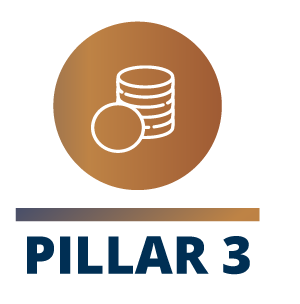
Investment Facilitation
The investment facilitation pillar is dedicated to creating an enabling environment for responsible investment in the mining sector of resource-rich developing countries. The initiative will engage a wide range of stakeholders and build strategic partnerships that leverage technical expertise, foster market development, and encourage the adoption of innovative mining practices.
OUR IMPACT
